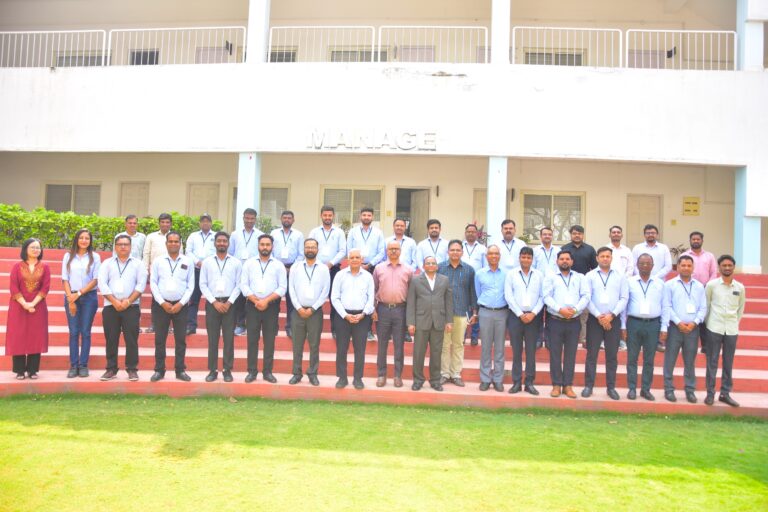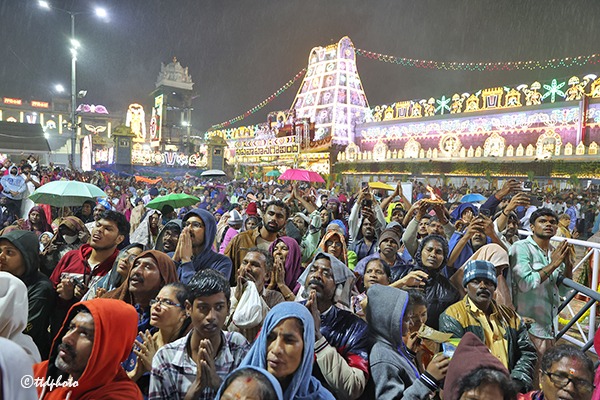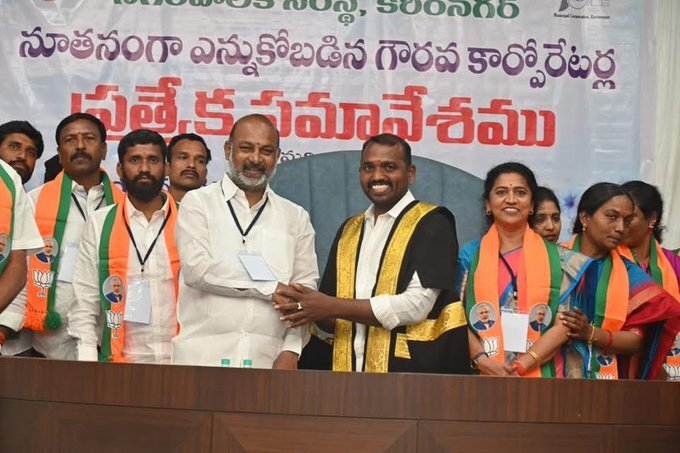
“World Mosquito Day” on 20 August
Authored Article by Dr Burra Madhusudhan Reddy

KARIMNAGAR, AUGUST 19, 2025: Mosquitoes are among the most common threats of human health, responsible for spreading various diseases like Malaria, Dengue, Japanese Encephalitis, Zika virus, West Nile virus, Yellow fever, Filariasis, Tularaemia, Dirofilariasis, Saint Louis Encephalitis, and Chikungunya etc.
The mosquito-borne illnesses contribute significantly to the global disease burden, especially during the monsoon season when stagnated water, humid conditions favour mosquito breeding. To bring awareness about mosquito-borne diseases, prevention methods, symptoms of illnesses, and coordinated efforts to curb the spread of mosquitoes, “World Mosquito Day” is observed annually on 20 August worldwide. This day marks the discovery made by Sir Ronald Ross in 1897, 20 August. On this day, Ross confirmed that malaria is transmitted to humans by the bite of an infected female Anopheles mosquito. This breakthrough discovery changed the course of medical research and paved the way for better control and prevention of mosquito-related diseases.
Theme of World Mosquito Day-2025:
With these diseases, such as dengue and malaria, still causing illness and even death in many parts of the world, attracting in in-depth awareness programs and community action initiatives. The theme of World Mosquito Day-2025 is “Accelerating the Fight Against Malaria for a More Equitable World” to emphasise the need to ensure equal access to malaria prevention, diagnosis, and treatment, especially in vulnerable and underserved communities. World Mosquito Day aims to inform people about how these diseases spread and what can be done to stop them, from simple household practices to large-scale public health initiatives. The key factors that make mosquito-borne diseases an ongoing public health challenges include high transmission rate during monsoon, overburdened healthcare facilities, disease surveillance gaps, economic and social impact, lack of long-term solutions, and challenges in prevention and control efforts.
Mosquito-Borne Diseases Worldwide:
Despite millions of dollars spent on conducting research and preventive measures to combat vector-borne diseases, mankind continues to struggle to control pathogens that come from over 3,500 species of mosquitoes. The mosquito-borne diseases kill more than one million people and infect up to 700 million each year – almost one in every ten peopleIn 2024, more than 14 million dengue cases were reported worldwide, killing around 12,000 people.
This year, so far, 3.6 million dengue cases have been registered, and over 1,900 deaths have been reported. India is suffocating with a high burden of mosquito-borne diseases, especially during the monsoon season, which is an ideal breeding conditions. These diseases, like dengue, chikungunya, Japanese encephalitis, sikar virus, and malaria, are affecting both urban and rural populations.
Symptoms and Prevention Methods of Mosquito-borne Diseases:
The main symptoms of mosquito-borne diseases are high fever, chills and sweating, severe headache and body ache, joint pains and swelling, skin rash, nausea and vomiting, fatigue and weakness, bleeding signs, and neurological symptoms. The steps like removal of stagnated water, covering water storage containers, clearing clogged drains and gutters, proper waste water disposal, use of larvicides in water storage units, proper use of mosquito nets or propellants, maintaining clean surroundings and preventing water logging in addition to following personal health and maintaining hygiene. On this World Mosquito Day, the steps like raising awareness in the community, checking water stagnation points, organising clean-up drives, promoting safe water storage practices, supporting public health initiatives, and protecting ourselves and family from mosquito bites.
It is a time to turn awareness into action. Even a small, consistent steps can go a long way in preventing outbreaks and protecting public health. For those experiencing symptoms like fever, joint pains, fatigue, or rashes, contact immediately medical practitioner immediately for proper treatment to avoid a life-threatening health problem. Take the right steps at the right time to prevent complications and support a smoother recovery. Don’t forget, “Prevention is Better than Cure”.

By Dr Burra Madhusudhan Reddy, retired Government Degree College Principal and former NCC officer (9949700037)




